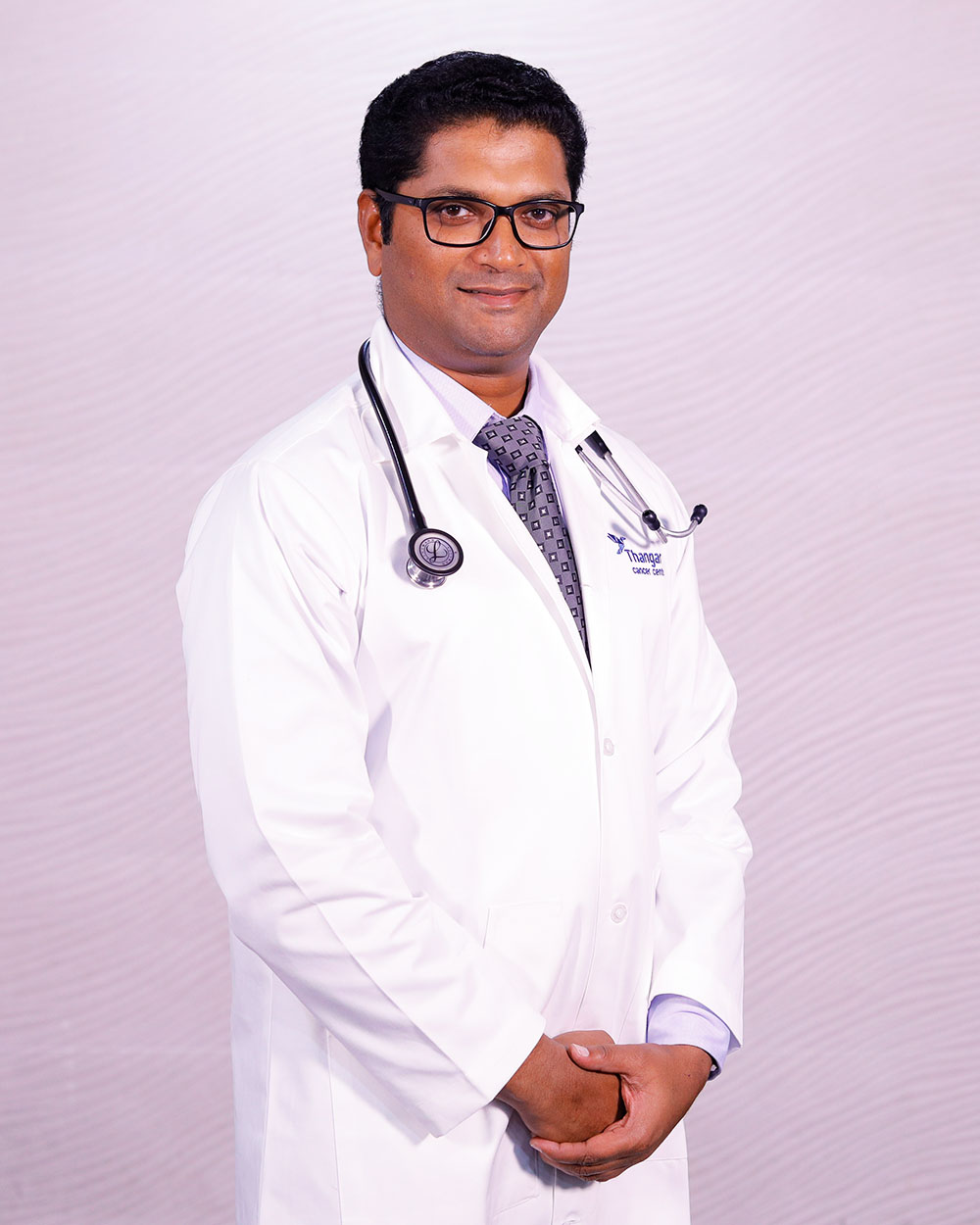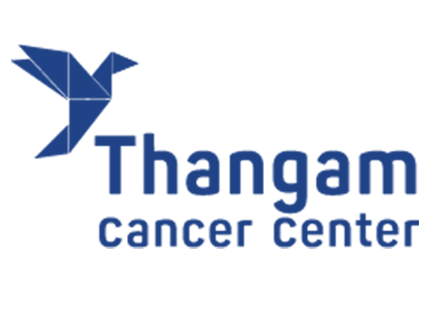Stomach Cancer
Stomach cancer, as the name suggests, an abnormal condition with the growth of tumours that starts in the stomach and can occur in any area of the stomach. The stomach is a muscular sac-like structure that receives food that we eat from the oesophagus.
The food remains in the stomach for 2-3 hrs. During this time, the food starts getting digested and is then passed into the small intestines for further digestion. Stomach cancer is also known as gastric cancer and can affect any part of the stomach.
Symptoms of Stomach Cancer:
Gastric outlet obstruction
Types of Stomach Cancer
- Carcinoma:Cancers stemming from the epithelial cells lining the stomach are called carcinomas and are of multiple types; with adenocarcinoma accounting for nearly 90 to 95% of stomach cancer cases. The other rare types are squamous cell carcinoma small cell carcinoma, adenosquamous carcinoma, etc.
- Lymphoma:This is the cancer of the body’s immune cells, usually the T & B lymphocytes. These cells are also present in the walls of the stomach and hence can give rise to gastric lymphomas.
- Gastrointestinal stromal tumour (GIST):These cancers originate in the interstitial cells of the stomach cells, called the Cajal cells. Some of these tumours are benign, but in some cases also lead to the formation of malignant tumours.
- Gastrointestinal Carcinoid tumour:The stomach also has hormone-producing cells which can become malignant leading to the formation of carcinoid tumours.
- Sarcomas:These are relatively rare cancers and include Leiomyosarcomas, Lymphosarcomas, Fibrosarcoma, Myxosarcoma, etc.

Diagnostics Facilities
Advanced Cancer Diagnostics
Advanced Cancer Treatment
General Diagnostic Facilities
Causes of stomach cancer:
It’s not clear what causes stomach cancer, but extensive research indicates the following factors increase the risk of developing stomach cancer:
- High salt and nitrate consumption
- Low dietary intake of Vitamin A & C
- Excessive consumption of smoked or cured food
- Lack of refrigeration
- Consumption of contaminated water eg. well water
- Gastro-oesophagal reflux disease
- Obesity
- Workers in the rubber and coal industries
- Cigarette smoking
- Infections with Helicobacter pylori or Epstein-Barr virus
- Radiation exposure
- Prior gastric surgery for benign gastric ulcer disease
- Family history of gastric cancer
- Genetic Conditions such as the Li-Fraumeni syndrome, Familial Adenomatous Polyposis (FAP), and Lynch syndrome can also predispose individuals to stomach cancer
When to see the Doctor?
Indigestion and heartburns are very common symptoms and may overlap with other gastric problems. The symptoms can appear in diverse forms as mentioned above and hence, if you are experiencing a combination of any of these symptoms, especially over longer periods, you should consult a doctor.
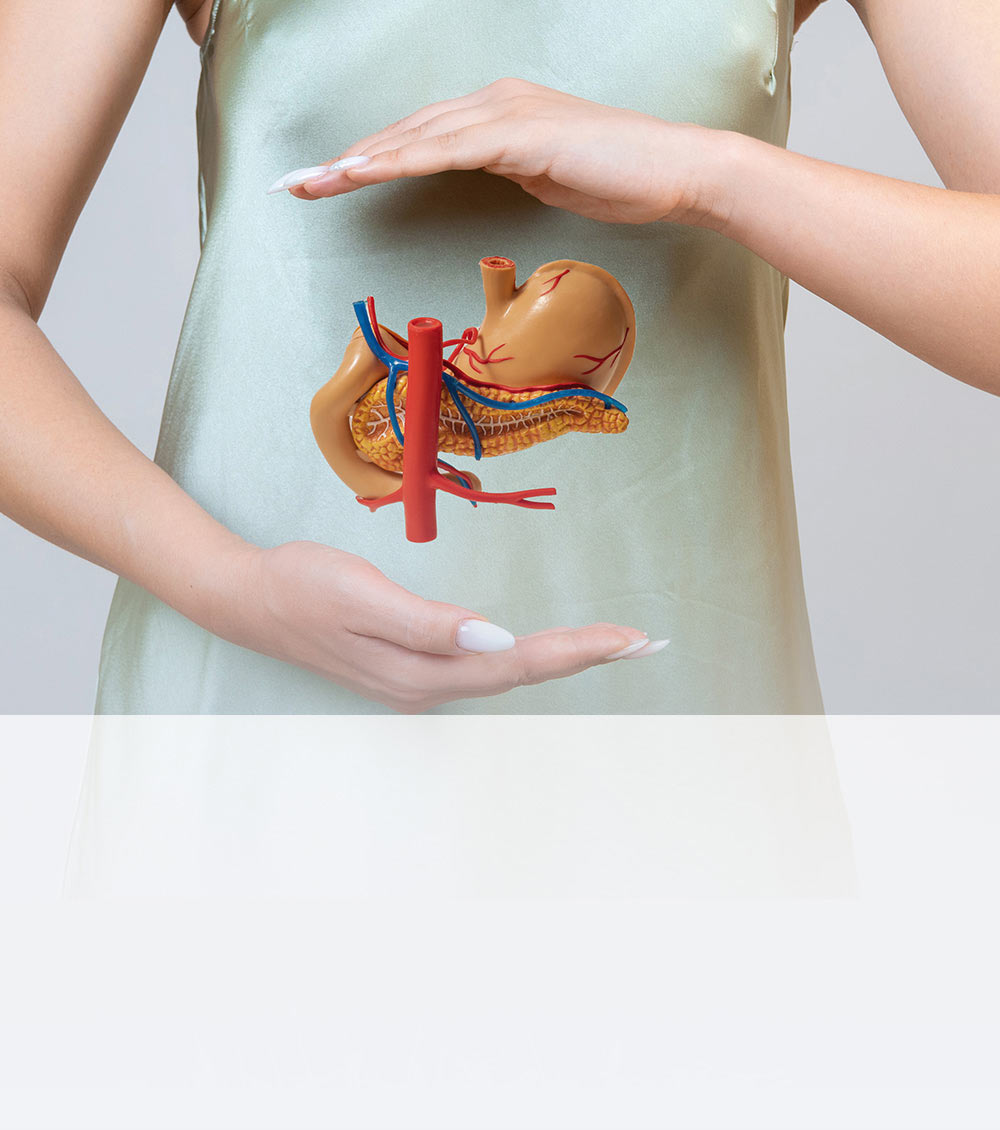
Prevention of Stomach Cancer
Testing for Stomach cancer includes:
Treatment for Stomach Cancer
Surgery:
- Endoscopic Mucosal Resection (EMR)or Endoscopic submucosal dissection (ESD) uses an endoscope and special instruments to remove small early tumours present on the mucosal or submucosal layer.
- Subtotal gastrectomy: In large-size malignant tumours, a part of the proximal or distal stomach is removed along with adjacent lymph nodes. The rest of the stomach is then anastomosed to the upper part of the small intestine (jejunum) to establish continuity for food passage and digestion.
- Total gastrectomy:The whole of the stomach sometimes needs to be removed, depending upon the length of the stomach affected with cancer. In such cases, the oesophagal tube is connected directly to the small intestine (jejunum).
- Bypass surgeries:In some advanced cases (stage IV), only bypass procedures are performed, like gastro-jejunostomy, to allow the patient to eat, during treatment.

Chemotherapy:
- Adjuvant chemotherapy:This type of chemotherapy is given after surgery, usually, 6 cycles with each cycle having a duration of 2-3 weeks.
- Neoadjuvant chemotherapy:This type of chemotherapy is given before surgery and is called neoadjuvant chemotherapy, consisting of 3 cycles with each cycle having a duration of 3 weeks, and, the remaining 3 cycles are given as adjuvant chemotherapy, after surgery.
- Chemo-radiation:Chemo is recommended along with radiation therapy; called concurrent chemo-radiotherapy, which can be used as a neoadjuvant or adjuvant.
- Intraperitoneal chemotherapy:This is a special form of chemotherapy delivered directly into the peritoneal (abdominal cavity) in patients with advanced stomach cancer. An intraperitoneal (IP) port system is introduced underneath the skin of the abdominal wall with a tubing passed into the abdominal cavity, under general anaesthesia. This new approach has been used successfully as neoadjuvant treatment also, especially in patients with peritoneally metastasised gastric cancer and has been shown to increase the chances of completely eliminating diseased cells with higher survival chances.
Radiation therapy:
Targeted therapy:
Immunotherapy:
Doctors
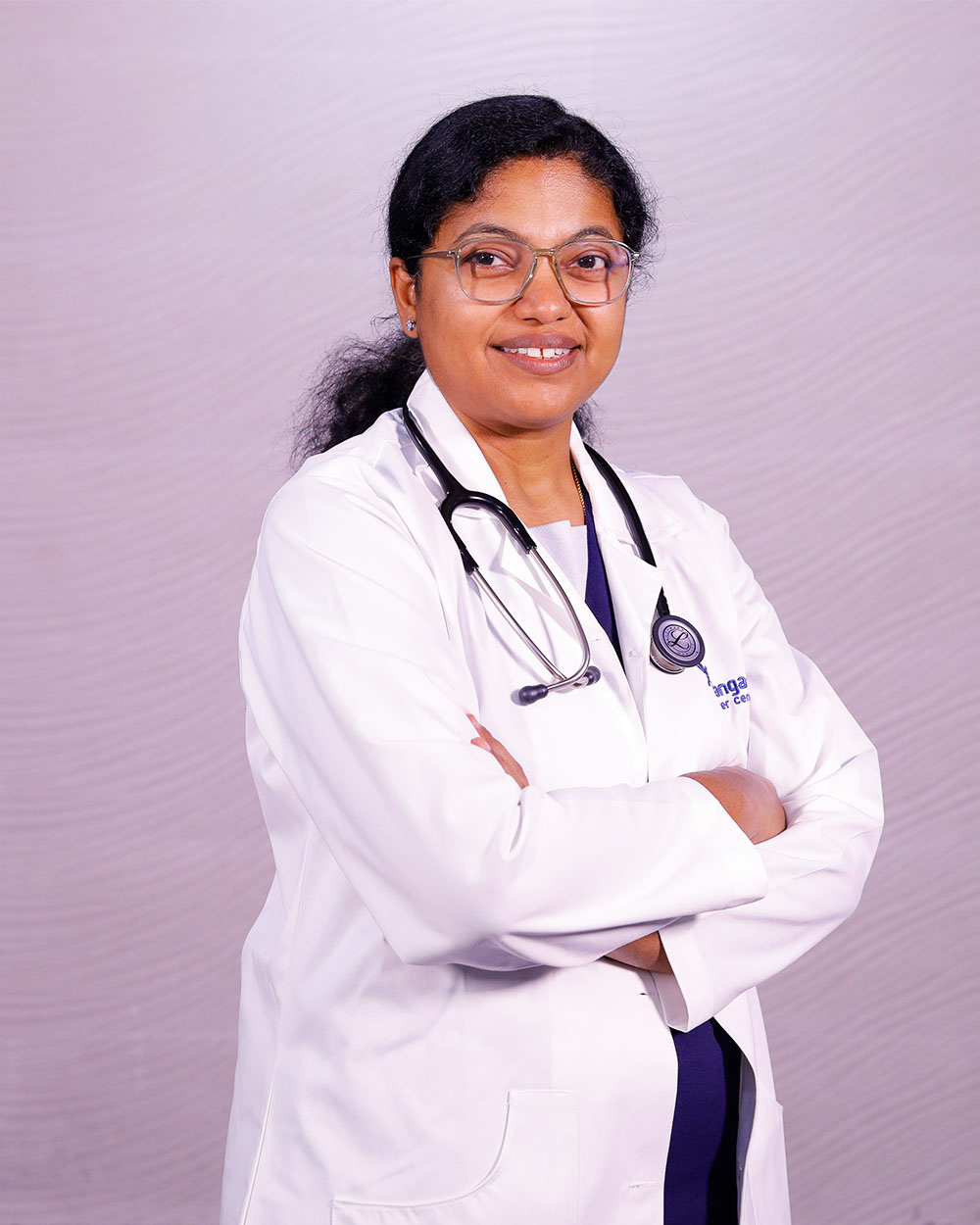
Dr. Aruna Prabhu
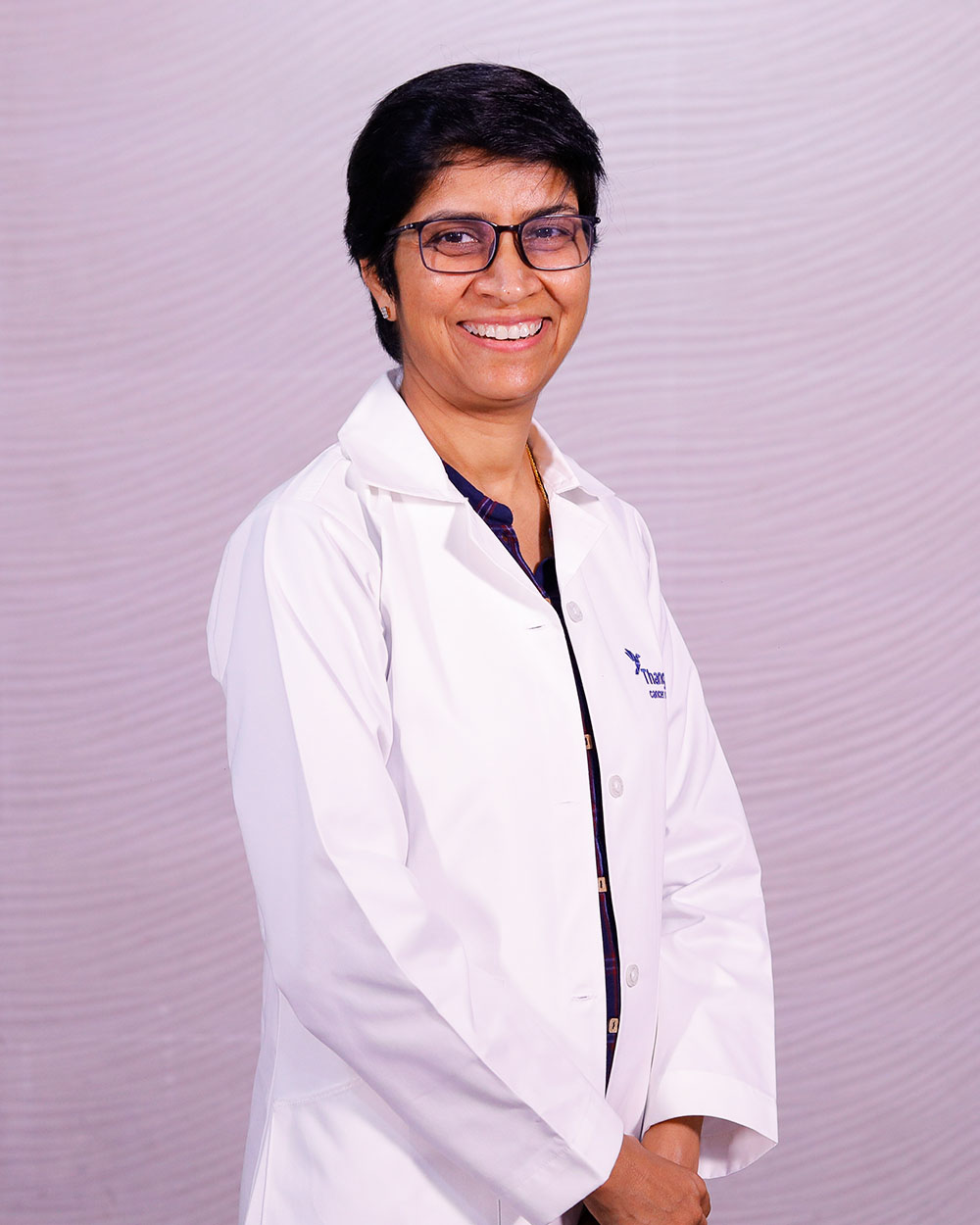
Dr. Deepti Mishra
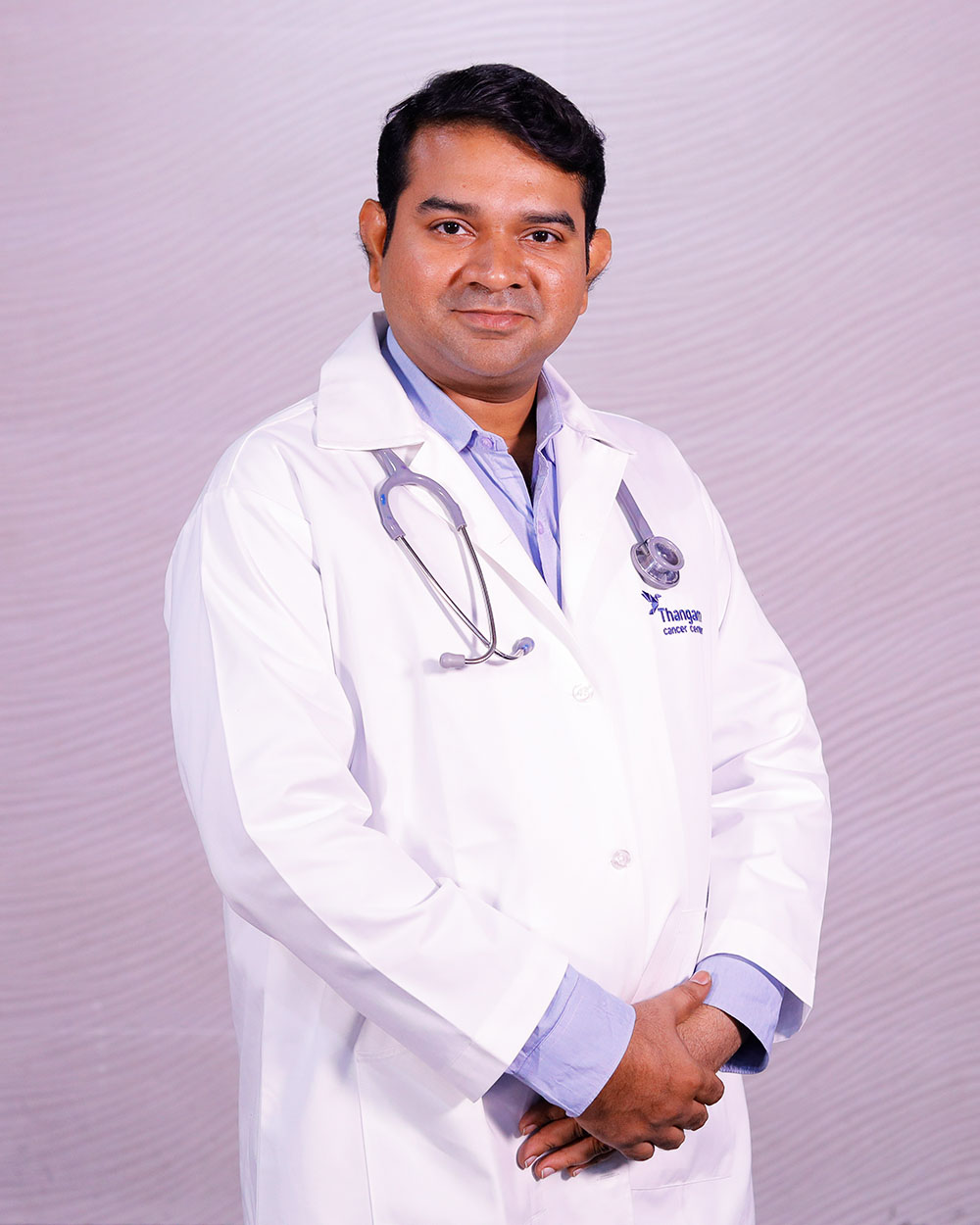
Dr. Bhavesh Poladia
